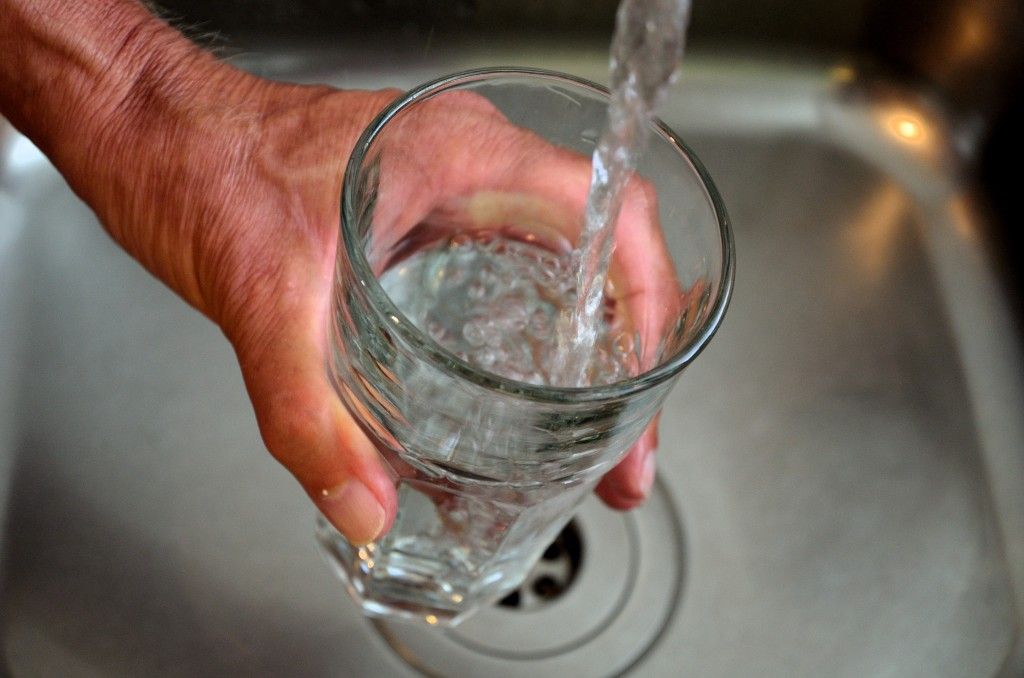How Delayed Release of Industry Data on Chemical Toxicity Impacts Health
Contemporary Science Issues and Innovations, August 21, 2018 Belmont Media Center, Belmont MA
Philippe Grandjean, D.M.Sc, M.D., Professor and Chair of Environmental Medicine, University of Southern Denmark; Adjunct Professor of Environmental Health, Harvard P. Chan School of Public Health; Co-Editor (with David Ozonoff, Boston University School of Public Health) of Environmental Health journal. Author of _Only One Chance: How Environmental Pollution Impairs Brain Development—and How to Protect the Brains of the Next Generation (Oxford Univ Press, 2015). More background: Wikipedia entry.
Perfluorinated compounds (PFAS) are industrial chemicals used in many products, including fire-fighting foam, water-repellent clothing, moisture-proof coatings in food packaging (popcorn bags, etc,), furniture fabric protections and many other consumer products. These chemicals are eventually deposited in the soil and groundwater. They are highly toxic to humans, animals, and the environment. They are found even in breastmilk and the blood of humans from infancy on. PFAS are associated with pregnancy and birth problems, sperm deficiencies, immunity deficiencies, asthma, and other disorders. Recently, the discovery of high levels of PFAS in public drinking water has increased public alarm about these chemicals.
[cms:asset 187 title="Only One Chance"] Scientists like Dr. Grandjean point out that they need access to data collected by the industries that produce these chemicals. Those who have studied the impact of PFAS have recently learned that the producers of these chemicals were fully aware of the toxicity decades ago --but did not release the information. Dr. Grandjean is an international leader in the research on PFAS. In this program, he discusses the health impact of PFAS toxins and the issue of industrial concealment of critical data.
Background articles

